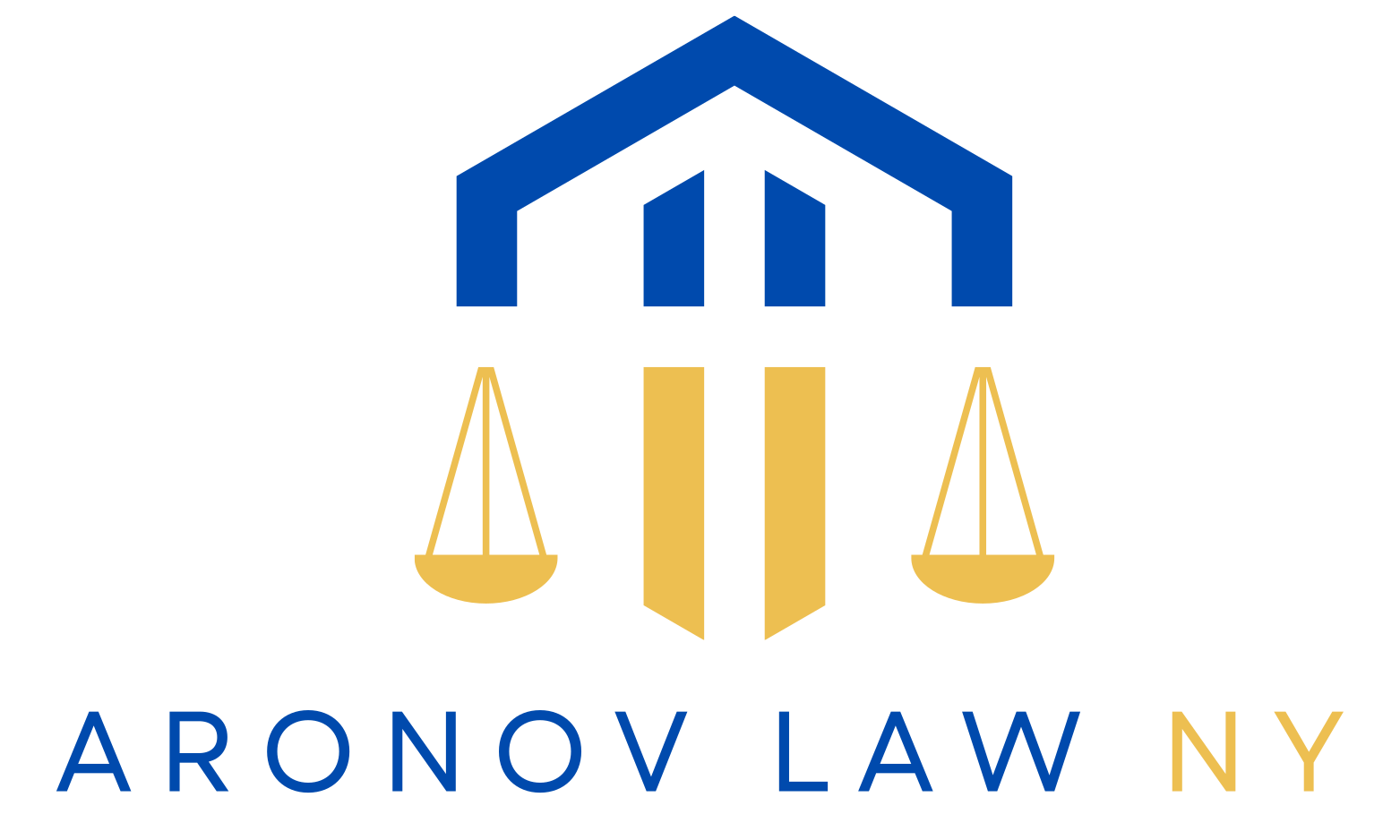Non-Custodial Vs Custodial Parents; NY Child Support Laws Explained
In New York, child support laws aim to ensure that both parents contribute to the financial well-being of their children, even after a divorce or separation. The amount of child support paid by the non-custodial parent to the custodial parent is determined based on various factors outlined in the state’s laws. Here’s an overview of child support laws for both non-custodial and custodial parents in New York:
Non-Custodial Parent:
- Financial Responsibility:
- The non-custodial parent is typically responsible for providing financial support to the custodial parent for the care and upbringing of the child.
- Child Support Calculation:
- Child support payments are determined based on the non-custodial parent’s income and the number of children requiring support.
- New York uses the Income Shares Model, which considers both parents’ incomes and the child’s financial needs to calculate child support.
- Child Support Guidelines:
- New York has specific child support guidelines that provide a formula for calculating child support payments based on the combined parental income and the number of children.
- The court may deviate from these guidelines based on factors such as the child’s special needs or the financial resources of the parents.
- Modification of Child Support:
- The non-custodial parent can request a modification of child support if there has been a significant change in circumstances, such as a change in income or the child’s needs.
- Enforcement of Child Support:
- Non-payment of child support can result in enforcement actions by the court, including wage garnishment, seizure of assets, or suspension of driver’s licenses or professional licenses.
Custodial Parent:
- Receipt of Child Support:
- The custodial parent receives child support payments from the non-custodial parent to help cover the child’s expenses, such as food, clothing, shelter, education, and medical care.
- Use of Child Support Funds:
- Child support payments are intended to be used for the benefit of the child and should cover the child’s basic needs as well as other expenses associated with raising the child.
- Enforcement of Child Support:
- If the non-custodial parent fails to pay child support as ordered by the court, the custodial parent can seek enforcement of the child support order through legal means.
- Modification of Child Support:
- The custodial parent can also request a modification of child support if there has been a change in circumstances that warrants a revision of the child support amount.
It’s important for both parents to understand their rights and responsibilities regarding child support in New York. Consulting with a family or divorce law attorney can provide guidance on navigating child support laws and ensuring that the child’s best interests are prioritized.
How does the court decide how much child support should be paid?
- The court applies a formula according to the guidelines. You are entitled to be given a copy of the guidelines income chart.
- First, the court determines the income of each parent. Income includes wages, Social Security benefits, veteran’s benefits, and unemployment insurance benefits. Income does not include Supplemental Security Income. The court will subtract from a person’s income any child support paid for other children and some types of taxes. The court adds the income of both parents together.
- Second, the court multiplies the combined income by a percentage:
- 17% for one child
- 25% for two children
- 29% for three children
- 31% for four children
- 35% for five or more children
- Third, the court divides that amount based upon each parent’s income so that the non-custodial parent pays his/her share to the custodial parent.
- Fourth, the court decides whether this formula is fair. The court considers several factors to determine fairness.
- Fifth, the court lowers the child support to $50 or $25 per month if the child support formula amount will lower the non-custodial parent’s income too much.
In conclusion, child support may be an uncomfortable financial burden but it’s safe to assume it’s important for both parents. The aforementioned issues will be handled by your chosen divorce lawyers so getting accustomed to the legal lingo and getting a general understanding on the topic (which we just did) will go a long way.
Corporate Office: 88-02 136th Street, Queens, NY 11418
Secondary Divorce Law Office: 98-14 Queens Blvd, Queens, NY 11374 (718) 206-2050 – Call To Schedule Before Arrival.
Midtown Manhattan Divorce Office:
31 W 34th St. #7162, New York, NY 10001
Brooklyn, NY Divorce Office:
195 Montague St, Brooklyn, NY 11201


Free Legal Consultation
98-14 Queens Blvd
